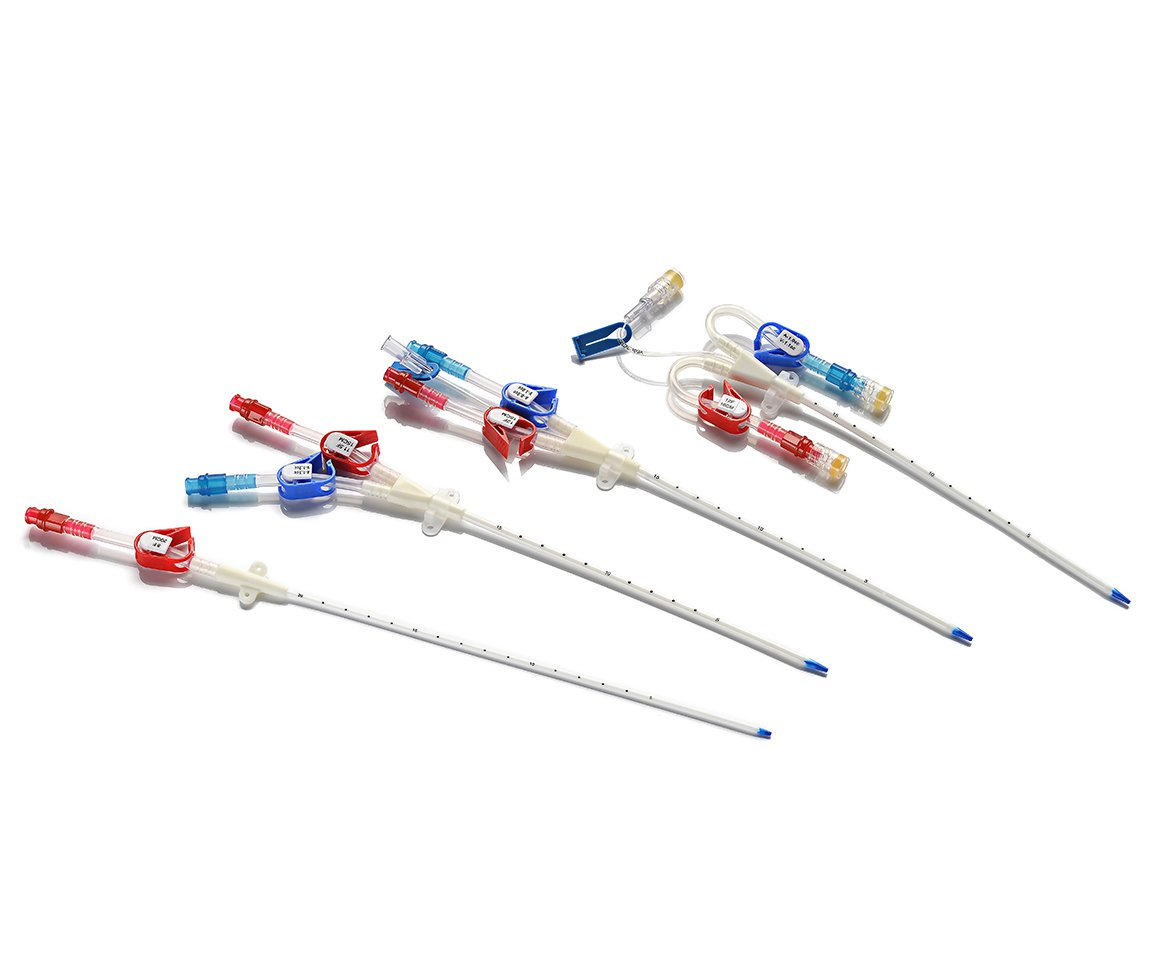We'd Love to Hear From You
Curious about product features, price quote, registration, delivery time, etc? We're ready to answer any and all questions within one business day.
One critical area of concern for patients undergoing hemodialysis is the question: how does hemodialysis affect protein levels? Understanding this relationship is essential for managing nutritional status and overall health in individuals undergoing hemodialysis.

The Role of Protein in Kidney Health
Proteins are vital for numerous bodily functions, including tissue repair, immune response, and hormone production. In patients with kidney disease, maintaining adequate protein levels can be challenging, particularly during hemodialysis treatments. This is because hemodialysis can lead to a loss of proteins, potentially resulting in malnutrition and a decline in overall health.
During hemodialysis sessions, the process of filtering blood can inadvertently remove small amounts of proteins-especially albumin, which is crucial for maintaining oncotic pressure and fluid balance in the body. At SCW Medicath, we understand the importance of minimizing these losses. Our hemodialysis catheters are designed to optimize blood flow, ensuring efficient clearance of toxins while reducing the risk of excessive protein loss during the procedure.
Factors Influencing Protein Loss During Hemodialysis
Several factors influence how does hemodialysis affect protein levels in patients. The type of hemodialysis catheter used, the duration of dialysis sessions, and the frequency of treatments can all play significant roles in protein loss. For instance, longer sessions and more frequent treatments may lead to higher protein losses.
Moreover, the dialysate composition can also impact protein levels. Some formulations may be more conducive to preserving proteins than others. At SCW Medicath, we prioritize the development of high-quality hemodialysis catheters that facilitate optimal treatment conditions, thereby helping to minimize protein loss during hemodialysis.
Addressing the Nutritional Needs of Dialysis Patients
To counteract the potential decrease in protein levels caused by hemodialysis, healthcare providers must pay close attention to the nutritional needs of their patients. Patients undergoing hemodialysis should work closely with dietitians to develop a meal plan rich in high-quality proteins to compensate for any losses incurred during treatment. This approach can help patients maintain their strength and support their overall well-being.
Additionally, monitoring biochemical markers, such as serum albumin levels, is crucial for managing protein status in dialysis patients. Regular assessments can help healthcare providers make informed decisions about dietary adjustments and any necessary interventions.
Conclusion
In conclusion, understanding how does hemodialysis affect protein levels is essential for the effective management of patients undergoing this treatment. At SCW Medicath, we are committed to offering high-quality hemodialysis catheters that help optimize treatment efficiency while minimizing protein loss. By focusing on both technological advancements and nutritional strategies, healthcare providers can ensure that their patients receive comprehensive care that supports their health and quality of life. Together, we can help improve outcomes for individuals relying on hemodialysis therapy.